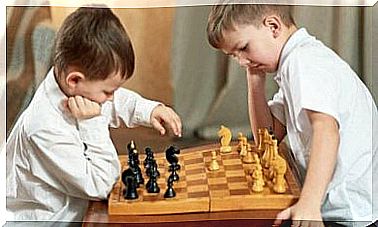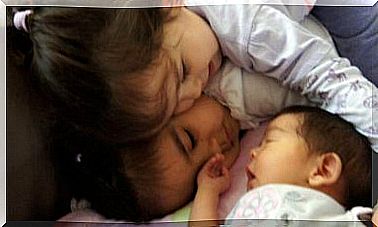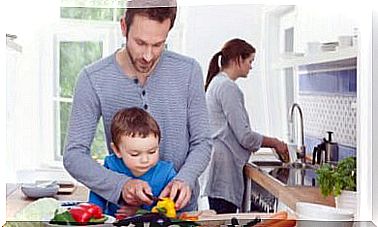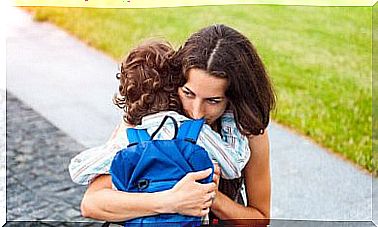5 Activities To Build Emotional Awareness
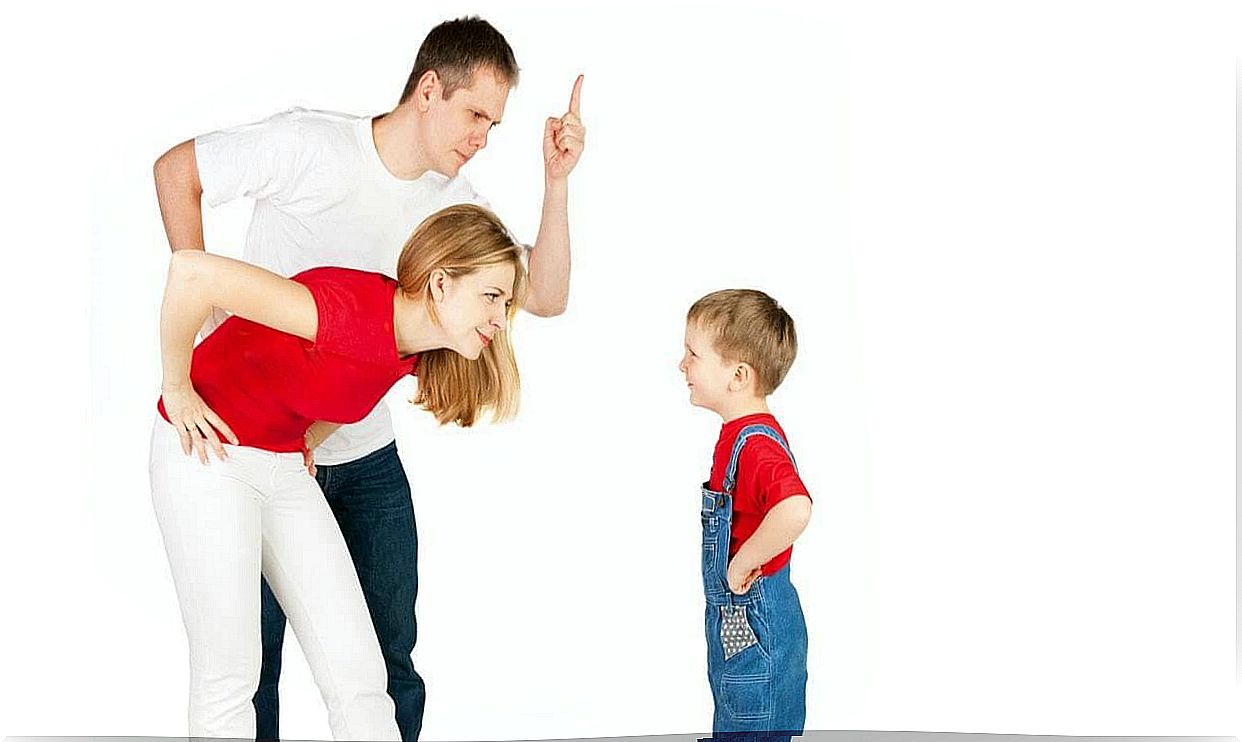
Understanding and managing your emotions is an essential skill for all people in our society. If we fail to make our children emotionally aware, they risk growing up into frustrated and unhappy people. Read on to learn about 5 important activities that help children build emotional awareness.
What is Emotional Awareness?
Emotional awareness is the ability to recognize and name our emotions.
It also means understanding how our thoughts, feelings, and behavior affect us. And finally, it is also about being aware of the emotions of the people around us and knowing how to “read” their state of mind.
Emotional awareness in children
Our emotions determine our behavior and our ability to learn. An upbringing that pays full attention to our feelings promotes both our personal health and well-being. In addition, it prevents difficulties in development, allowing children to form a healthy personality.
Being able to express and control our emotions is a fundamental goal of education and an important part of our development.

Most researchers agree that we can classify our emotions into the following types:
Primary emotions
These seem to be heavily influenced by genetics, in the sense that certain emotions are present in everyone in all cultures. However, these emotions are shaped by learning and experience.
Secondary Emotions
These emotions have everything to do with our individual development. Hence, this type of emotional response can vary greatly from person to person.
Negative emotions
These are unpleasant feelings. They help us assess when a situation is harmful to us and they mobilize resources to change such a situation.
Positive emotions
We have these pleasant feelings when we consider a situation to be beneficial and healthy. They are usually fleeting, because we don’t have to act to change the situation.
Neutral emotions
These are emotions that in themselves do not evoke pleasant or unpleasant reactions. That is, we cannot label them as negative or positive. They simply facilitate the development of various emotional states.
5 Activities to Build Emotional Awareness in Children
Family
The model family members provide has a lasting cognitive and emotional impact on our children.
Children constantly observe the behavior of the people they love and who are close to them. We are therefore their role models, in other words, they tend to imitate what we do.
As adults, our propensity for optimism or pessimism, and especially the way we relate to others, is largely dependent on what we learned at home during our own childhood.
Intellectual stimuli
It is a parent’s job to create an environment that fosters a love of culture in all its different forms. The stimulation we provide should be varied and supported with reading and learning.
And let’s not forget about games. Games and sports are great for personality development and stimulate a healthy curiosity and interest in the world around us.
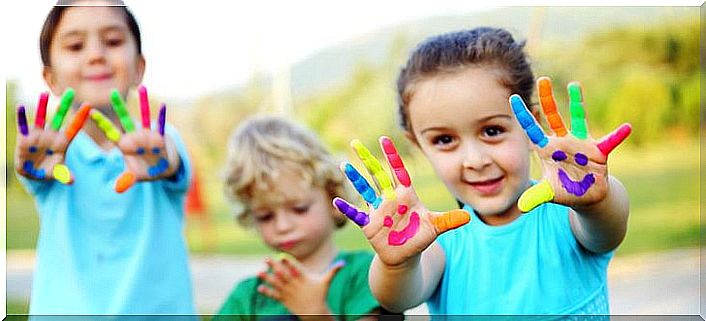
Encourage them to talk about their feelings
Show interest in what is happening to your child. You can do that, for example, by talking to him.
Try to understand what makes him afraid or angry by talking. And if he shares these things with you, you can help him.
And, of course, teach him to express himself with a certain self-control.
Giving Choices
To develop your child’s emotional intelligence, it is important to let him make his own decisions. Of course, you must first make sure that you show him what is good and what is bad.
Letting your child choose will help him gain confidence. And then when the time comes to make a decision, he won’t feel frustrated so easily.
Recognize moods
Teach your children to pay attention to the people and places around them.
In this way, they get used to different environments and learn to adapt their behavior. If they are somewhere calm and quiet, they will know not to make a noise or yell. If they enter a room where everyone is happy and smiling, they will adapt to that atmosphere with a smile.
Therefore, always remember that everything you do in the presence of your children will have a lasting impact. They are likely to repeat your behavior in the future, when they have their own home and their own family.


